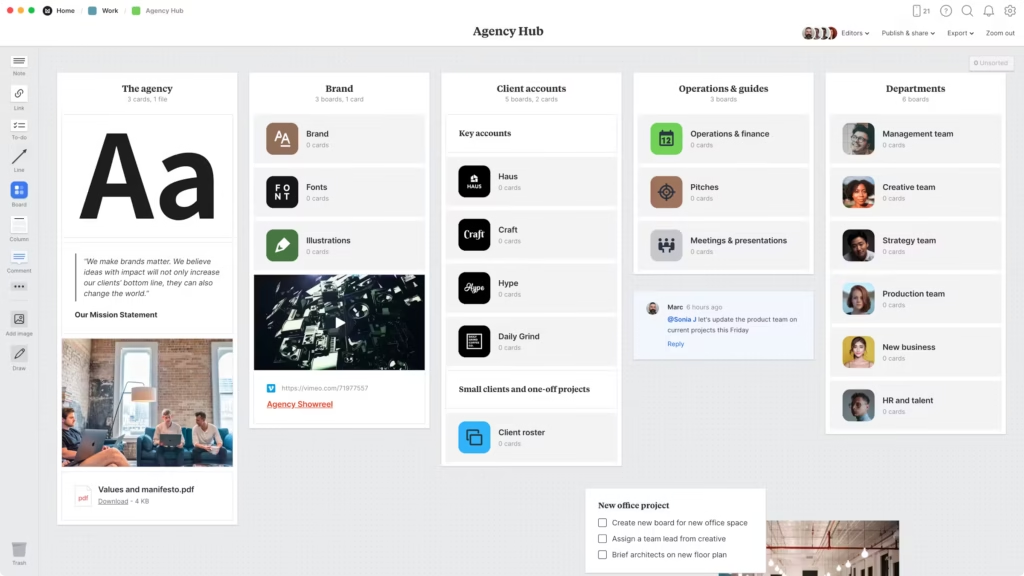Handling multiple projects can sometimes be daunting, especially when milestones overlap and different deliverables are due around the same time. Between my 9to5, personal events and summertime, the season was filled with strategic thinking initiatives, documentation tasks, and urgent matters. My footnotes have never been so full of commentaries, test results, and reminders (so many reminders), some of which I’ll share shortly.
Haven’t read the Footnotes of April&May? Click Here
Before diving into the footnotes, I’d like to share some context on how I usually approach summertime and why it’s so important for me.
I come from South America, where the annual calendar is fluid from January to December: fiscal years are straightforward, schools start in February, and summer begins just before Christmas. When I moved to Europe, I quickly understood that the calendar here works differently. And this impacts everything!
From vacation planning to investing, attending professional events, even practicing sports… For someone who applies project management principles to personal life, you can imagine the adjustments I had to do to continue tracking of my own development.
In my honest opinion, the European summer is the perfect opportunity to reassess my life and goals, prepare for upcoming opportunities, and set the stage for success. Unlike the South American summer, there’s not much disruption by the end of year holidays, so I can take the time to reflect and plan ahead.
If this perspective resonates with you, stay tuned 😊
The Summer edition of my footnotes
This summer, I had the opportunity to really dive into different topics of interest, revisit past stories, test new tools and reflect about certains aspects of the future.
Reading other than Science Fiction (too real)
After consuming a lot of Sci-Fi content over the past year, I find it hard not to see current events as part of a science-fiction narrative. You know… the end of civilization, tech-driven slavery, siloed communities, real scarcity, and other traditional themes of the genre. So, this summer, I decided to revisit a book I read in my teen years: The Alchemist by Paulo Coelho. It’s a light read, filled with beautiful messages about the pursuit of treasures, dreams, and ultimately the meaning of life.
Getting back to old shows: Law & Order SVU

I simply loved watching this show on cable in the early 2000s. The cases are interesting, with some episodes having unimaginable plot twists (SVU on IMDB). Characters are well-developed, and there’s a solid continuity across seasons. In July, I decided to revisit the series on Netflix, and it’s been great, especially since a lot of episodes are new to me.
What really keeps me engaged is the detectives ability to communicate with the victims, manage difficult situations, and work together on the investigative work. The empathetic communication techniques deployed by the character Olivia Benson are inspirational.
A hard topic: the end of online privacy, or why the internet is becoming even more frustrating
After paying 6 months of LinkedIN premium I accidentally blocked my account in July. To recover it, I had to provide my government-issue ID data… to a third-party company called Persona.
This is a mandatory process to recover your account, with no alternative than expose my personal data to a company I have never heard of before, and that is allowed to store this data indefinitely, as per their user agreement. How this is not a GDPR infringement goes beyond my understanding.
After checking with online community focused on Privacy (Reddit link to give you a start) I noticed a lot (a lot!) of concerns about current trends on the future of online privacy. Discussions around Spotify’s age verification checks in the UK, plus UK requesting Apple to remove their Advanced Data Protection (request dropped for now), and Switzerland fight against VPNs are flooding the forums.
I still don’t have a fully formed opinion about this, as most narratives feel too negative. But it concerns me that non-essential services like LinkedIN would require users to share their official ID with an unknow third-party, just to regain access to their accounts. Couldn’t they think about a verification method better than expose consumers data to a shadow company?
As I need to use LinkedIN for many reasons, I complied with the process. But it left me questioning how deep this trend goes, and what it really means for consumers worldwide in the future.
Testing tools: Milanote & Manus.ai

I tested Milanote to manage a collaborative creative project through summer. The app satisfied our needs for design brainstorming, listing materials, tasks and budget management, thanks to its built-in features for lists, tables, image uploading and seamless integration between web and mobile.
Its frameless (^^) board provided us with the full view of the project without needing to open directories. Everything was right there in front of us. (check the example visual below)
As for Manus.ai, I tested its capability to deliver a throughout research on a competitive landscape and a comprehensive analysis of business capabilities for a given company. The research capacity impressed me, though I still had to fact-check some of the data and revalidate or refute certain insights.
Have you read my first post about a Professional in Strategy and AI?
While the outcome was strong — and a real example of the disruption tech is bringing to research — I wouldn’t rely on its insights to make decisions without expert validation.
Putting myself in the position of a decision-maker helped me understand how leaders are approaching AI integration in business processes. I invite you to test as well.
That’s it! You reached the end of these footnotes.
Feel free to reach out on LinkedIn or Instagram if you want to chat about them🙂
Enjoy the rest of your summer !
